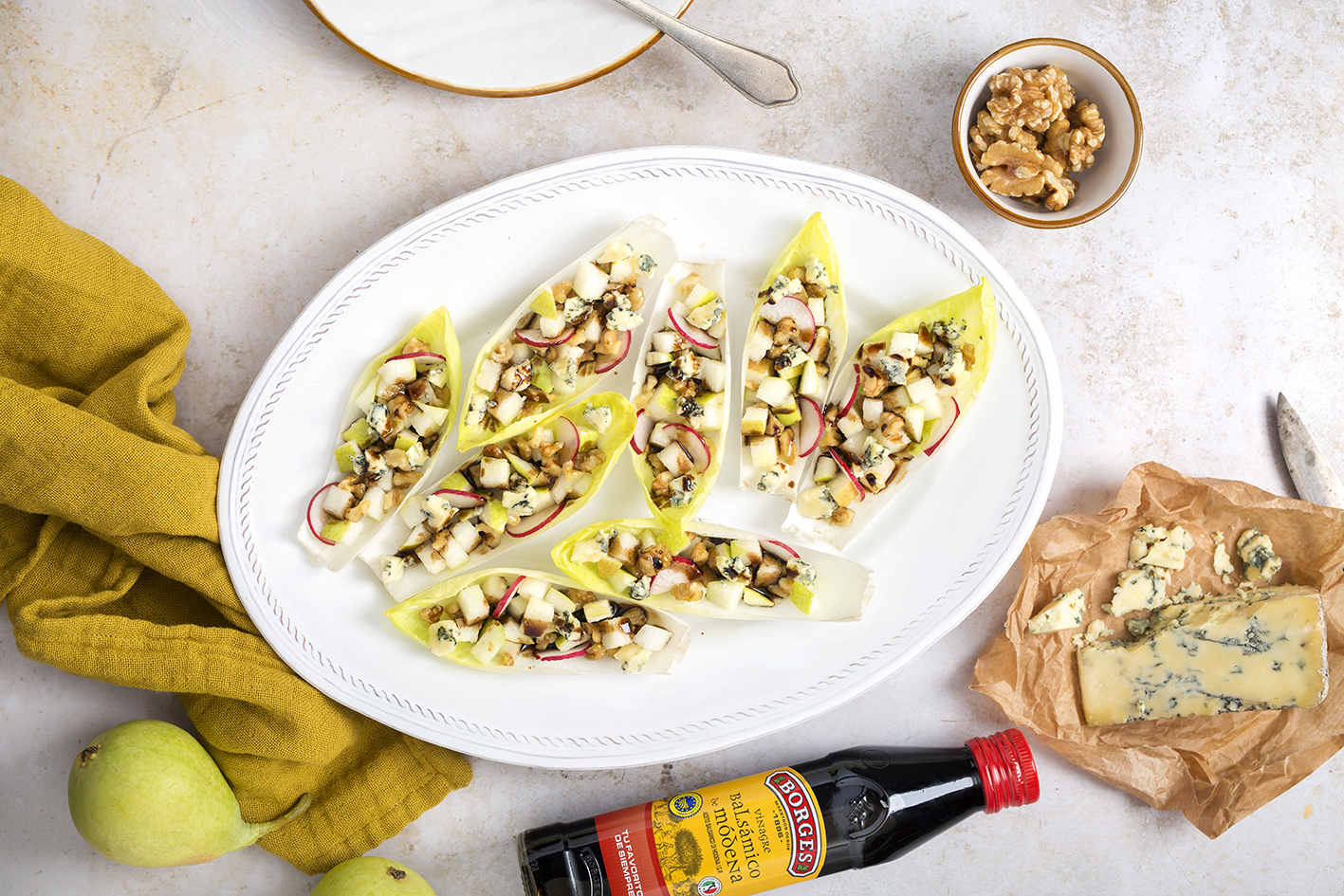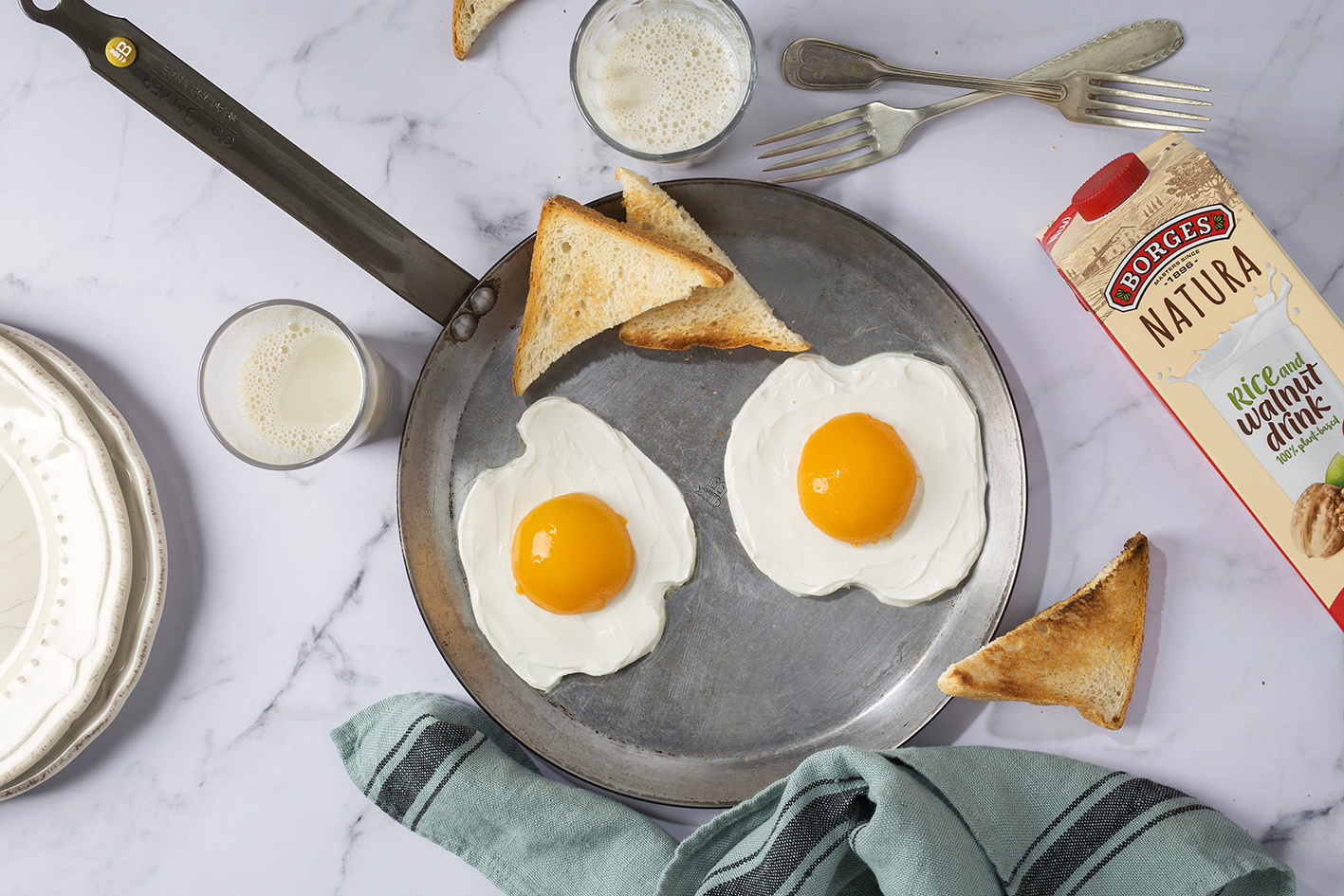How often do you use olive oil at home? Probably every day (otherwise, you should), but… Do you prefer extra virgin? Do you know the main differences between olive oils besides its price? Take 5 minutes to read this post, and you will surely discover something new about this this pillar of the Mediterranean cuisine and diet, sometimes unknown.
EVOO, what’s that? A company?
It stands for Extra Virgin Olive Oil. EVOO is the olive juice itself. There is no higher quality oil. Extracted only by mechanical procedures and at low temperatures – up to 28 degrees Celsius -, the very same day the olive, which has to be of the highest quality, is collected. A physical-chemical analysis and a tasting certify its quality. But anyone can easily distinguish EVOO just tasting it… It’s fruity and has low acidity (between 0.2 ° and 0.3 °). Acidity, however, has nothing to do with taste, but with the deterioration that oil may have suffered, and it refers to the amount of free fatty acids it has.
Why EVOO?
The olive oil which is not extra virgin is obtained after mixing EVOO with another who has not passed the tests of aroma, flavor and acidity to be considered extra virgin. Meanwhile, EVOO preserves all its healthy benefits, such as monounsaturated fatty acids (oleic acid), vitamin E (antioxidant), phytosterols (lower cholesterol), and phenolic compounds (antioxidants), which are found in olives.
When do I use EVOO?
You can cook any dish using EVOO. Have you ever heard that olive oil is only for frying and extra virgin just for seasoning? No way! Depending on the case, one can use one or another depending on the flavor you want to give to a dish. But think of fried eggs, sautéed or grilled recipes with the powerful taste of a good extra virgin olive oil, and the personality of their varieties of olives (hojiblanca, Picual, Arbequina)… Spectacular! Intense! Unforgettable! They’ll never taste the same way after using EVOO. Remember this: with EVOO you can cook any dish. An olive oil which is not extra virgin, for example, is good if you don’t want its taste to be too dominating in a stew, while in fried food it will withstand high temperatures better.
Olive oil contains monounsaturated fats. Are they bad?
No way! In fact, they are great for our health. The really bad ones are saturated fats. The fats in olive oil are monounsaturated, which are not only safe for our body but also help mitigating the adverse effects of animal fats. Hence, extra virgin olive oil is considered very healthy, key in the Mediterranean diet. Furthermore, studies such as PREDIMED have shown it helps our body fighting atherosclerosis, oxidation of cells and blood pressure, and contributes in the treatment and prevention of some forms of diabetes and cancer.
Does EVOO or any other olive oil fattens? Is there any difference if it’s fried or raw…?
Oil, fried or raw, hot or cold, either extra virgin or not, olive oil has the same calories: 900 cal. per 100 grams. Eating more or less just depends on the amount of oil we take. In a salad, much of it will remain in the bottom, so you will not take it all. On the other side, fried food, it will absorb more oil. Therefore, you’re having more calories.
However, the recommended amount of extra virgin olive oil for a healthy balanced diet is about 40 milliliters (37 grams) per day.


